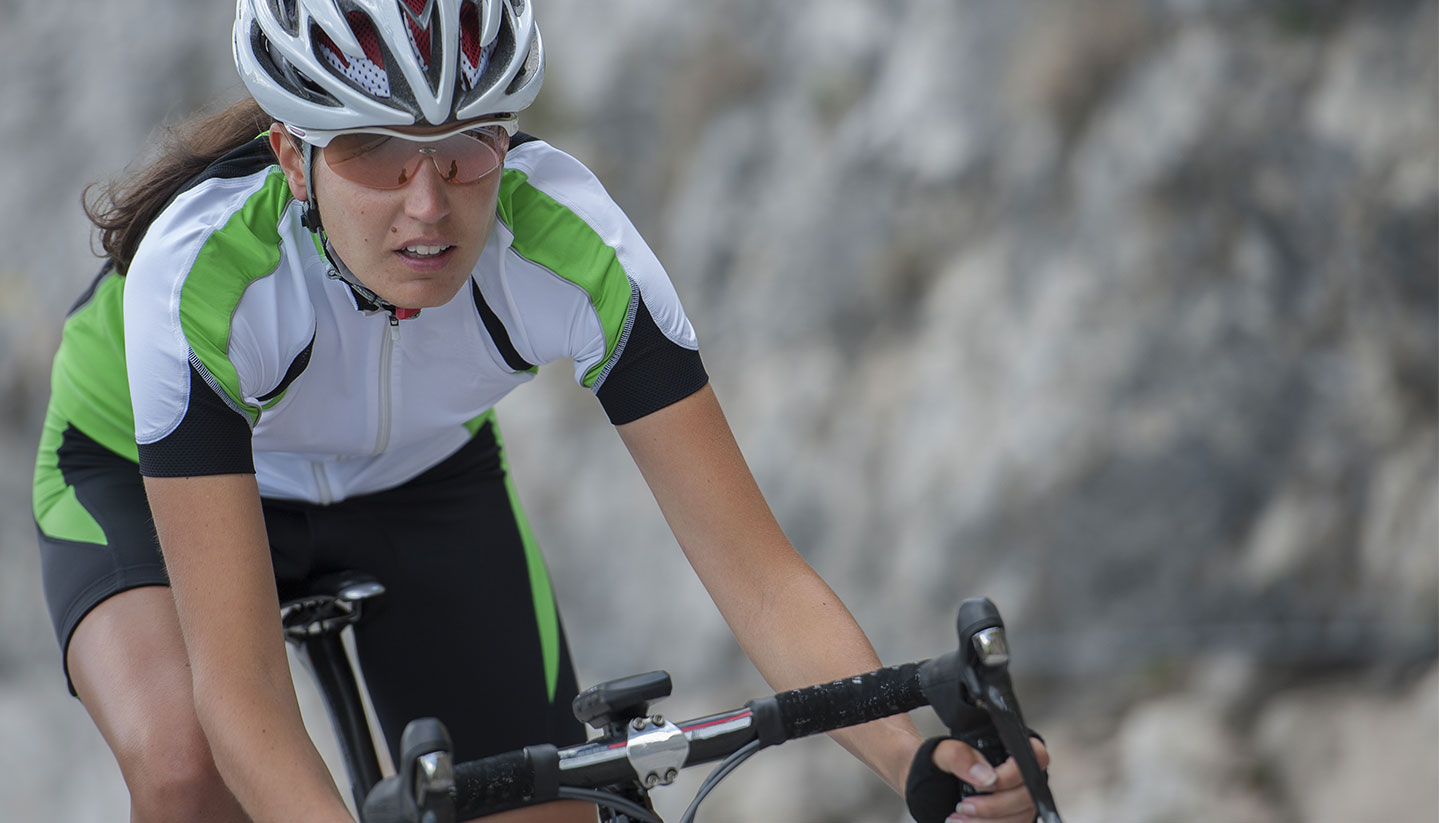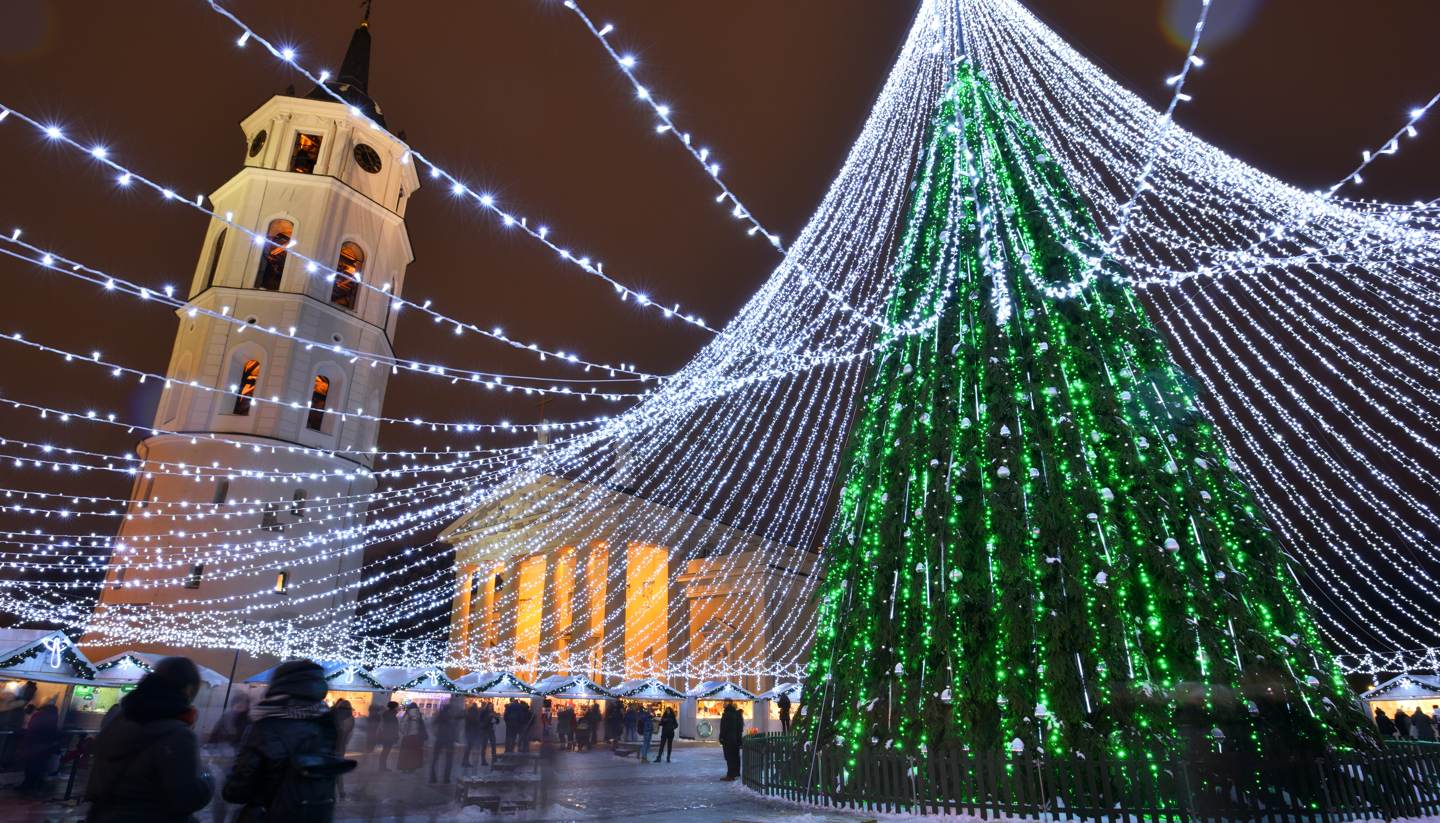United Kingdom Health Care and Vaccinations
| Title | Special precautions |
|---|---|
| Yellow Fever | No |
| Typhoid | No |
| Tetanus | Yes |
| Rabies | No |
| Malaria | No |
| Hepatitis A | No |
| Diphtheria | Yes |
Health Care
If suddenly taken ill or involved in an accident during a visit to an EEA country or Switzerland, free or reduced-cost necessary treatment is available for European travellers - in most cases on production of a valid European Health Insurance Card (EHIC). Travellers from other countries should find out if they are covered by other reciprocal arrangements. Australia, for example, has such an agreement as long as long as citizens carry their Medicare card. Comprehensive insurance is advised for all other nationals.
The National Health Service (NHS) provides free medical treatment (at hospitals and general surgeries) to all who are ordinarily resident in the UK, but requires payment for dental treatment, prescriptions and spectacles. Immediate first aid/emergency treatment is free for all visitors, after which charges are made unless the visitor's country has a reciprocal health agreement with the UK. Full details of individual agreements are available from the Department of Health (www.dh.gov.uk).
Food and Drink
Food within the UK is generally safe to eat, with health and safety standards monitored by various government agencies. Tap water is considered safe to drink but bottled water is widely available. If you're camping, always boil, filter or purify water from streams.
Other Risks
The UK is not a risky destination but travellers should still take appropriate precautions. Summer temperatures in England rarely reach above 30°C (86°F), but on hot days there is still risk of sunstroke and it’s advisable to wear sunscreen, as well as appropriate clothing. The same goes for winters, during which weather can be very changeable. Waterproofs (or at least a strong umbrella) are mandatory at any time of year. Those hiking in the mountains should come prepared, with appropriate gear and maps if needed but the biggest danger comes from those who disregard warning signs or poor weather.
If you’re planning to walk in wooded or heath areas such as in the Scottish Highlands, it’s worth taking precautions against tick bites: ensure you wear long-sleeved tops, tuck your socks into your trousers and wear insect repellent. Ticks are known to spread Lyme disease which, although fairly rare in the UK, can affect your skin, joints, heart and nervous system. Symptoms include: a pink or red circular rash which develops around the bite up to 30 days after a person is bitten; flu-like symptoms; headaches; and muscle or joint pain. If left untreated, symptoms can become more serious.
Midges are a hiker’s and camper’s nemesis, especially in the northwest Highlands during the summer. While they’ll do no worse than cause a multitude of unbearably itchy bites, it’s definitely worth covering up and dousing yourself in insect repellent to ward off these persistent beasties.
The weather in Scotland can change in an instant. If you’re walking, skiing or climbing in the hills, it’s vital to be prepared for all weathers. It’s not at all uncommon to go for a walk on a beautifully sunny day, only to find yourself surrounded by mist and drizzle with little warning. Make sure you’re equipped with a map, compass, extra food, layers and waterproofs, and always tell someone where you’re heading before you set out. Scots and visitors alike also find themselves unexpectedly caught out by the sun – you might not need it often, but pack some sunscreen.




